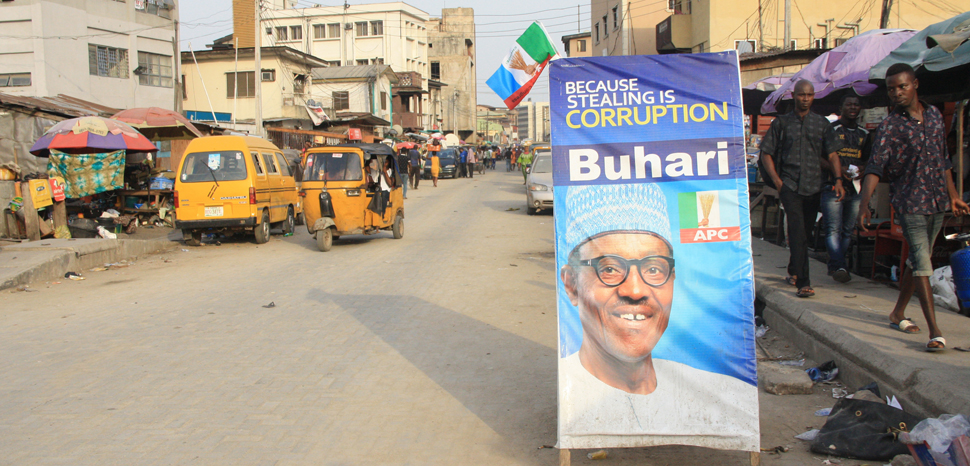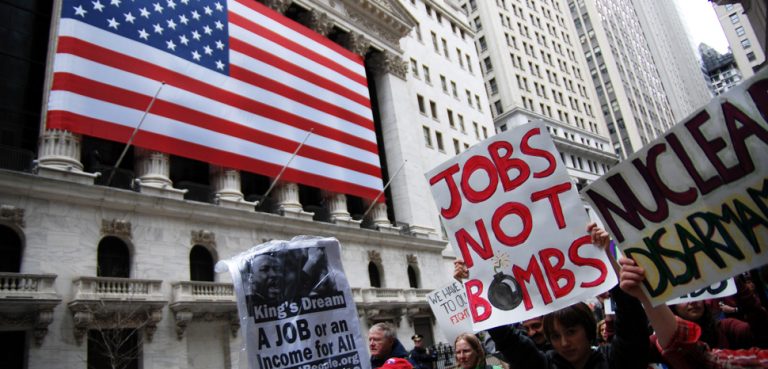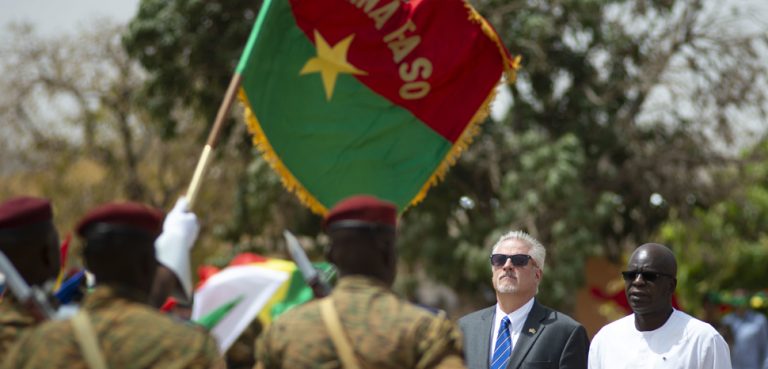Amid concerns over stagnant economic growth, rising unemployment, and burgeoning ethnic and religious conflict, Nigerians may have been justified should they have opted to oust President Muhammadu Buhari in last February’s presidential election. In his first term as a democratically elected head of state, Buhari’s victory in 2015 coincided with plunging oil prices. With oil accounting for 90% of Nigeria’s export earnings, cascading declines across multiple sectors in the Nigerian economy followed, depressing investment and exacerbating unemployment and growth. Arguably the most notable economic woe during Buhari’s term may have come last year, when Nigeria usurped India to become the world’s largest host to individuals living in extreme poverty.
Nigeria’s Winding Road to Recovery




